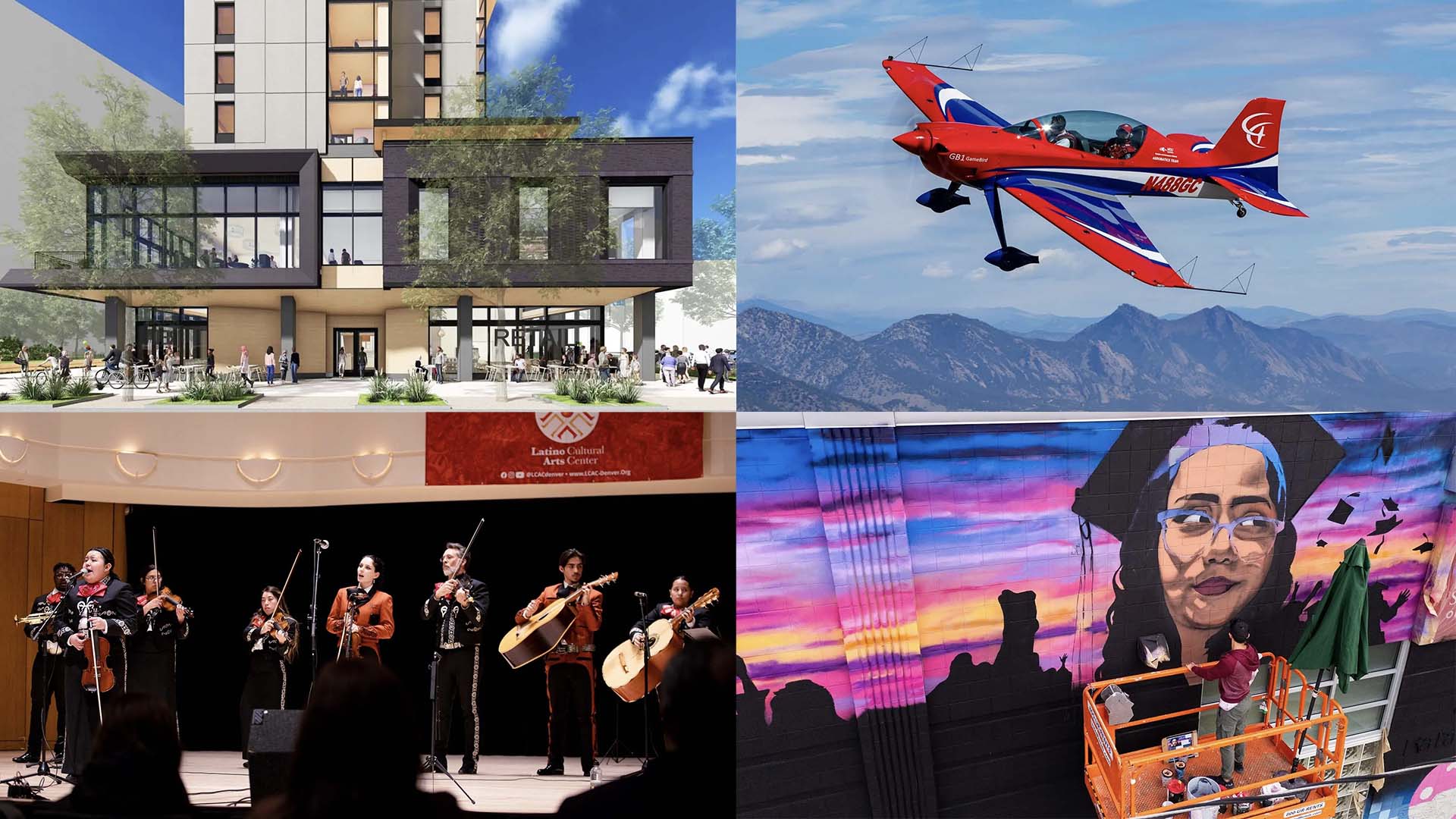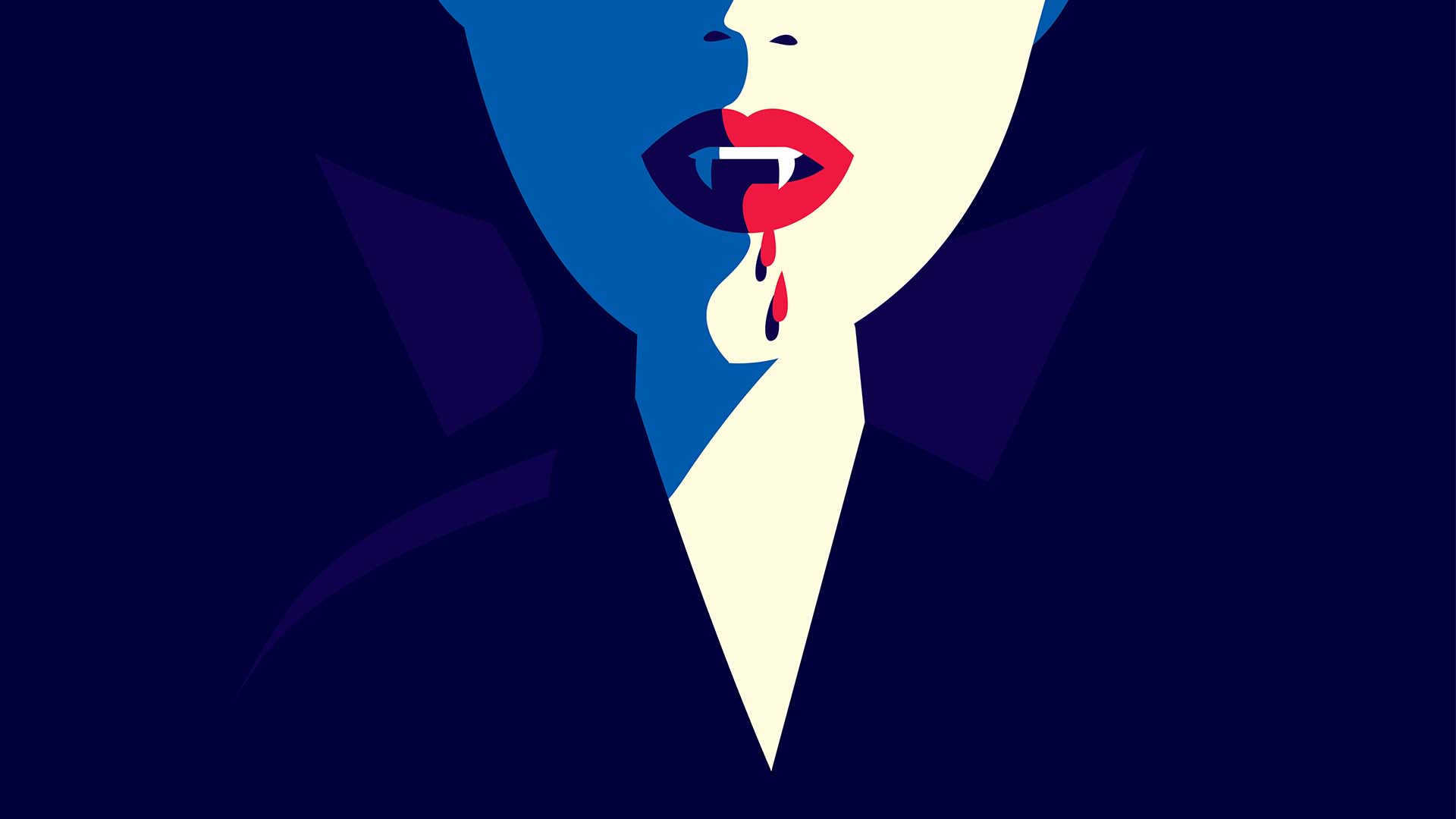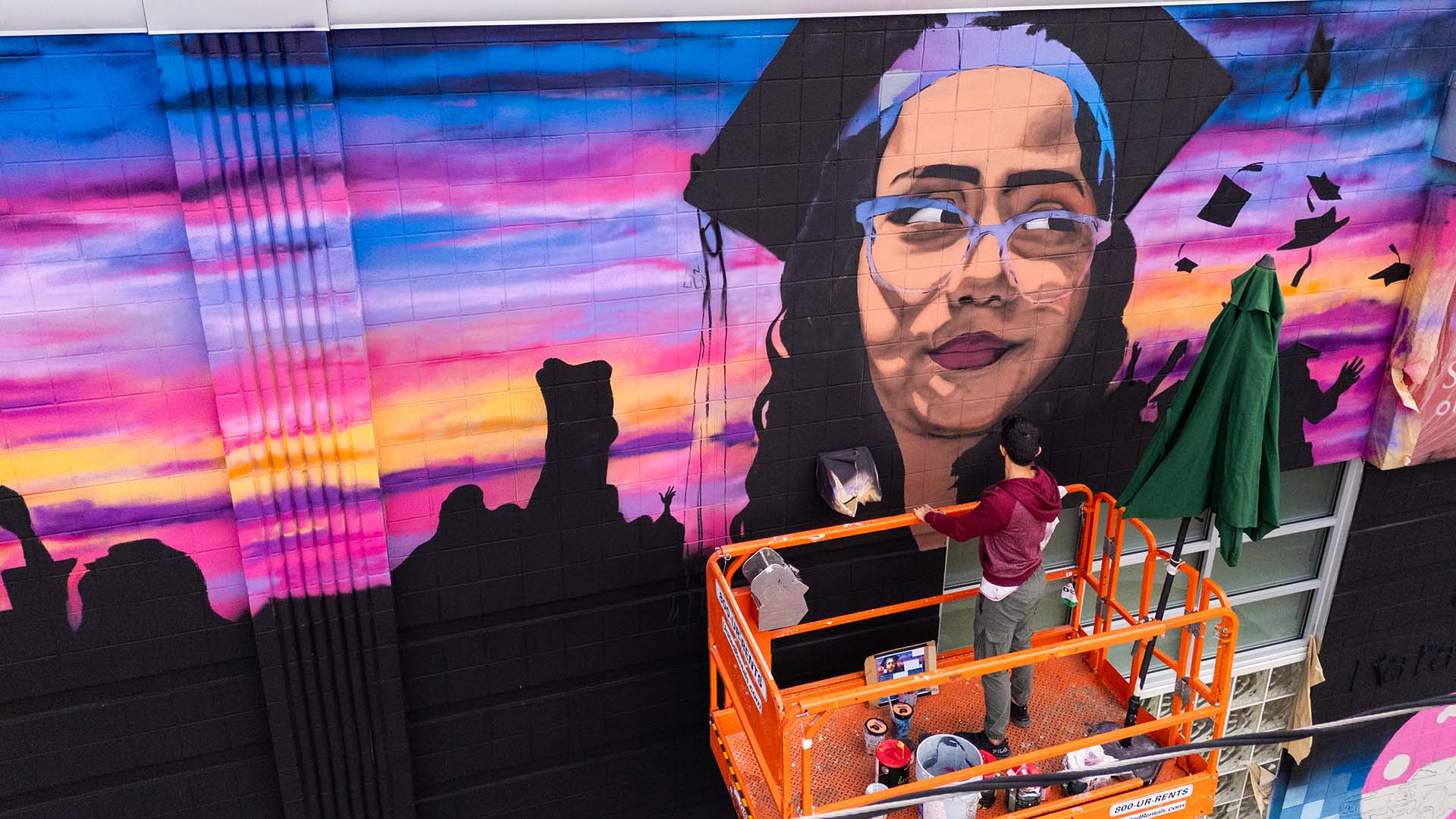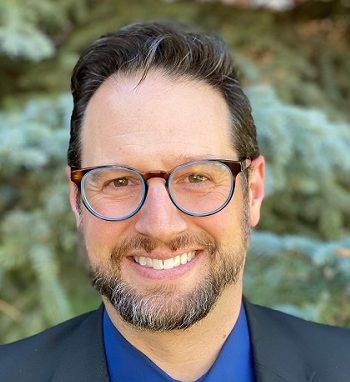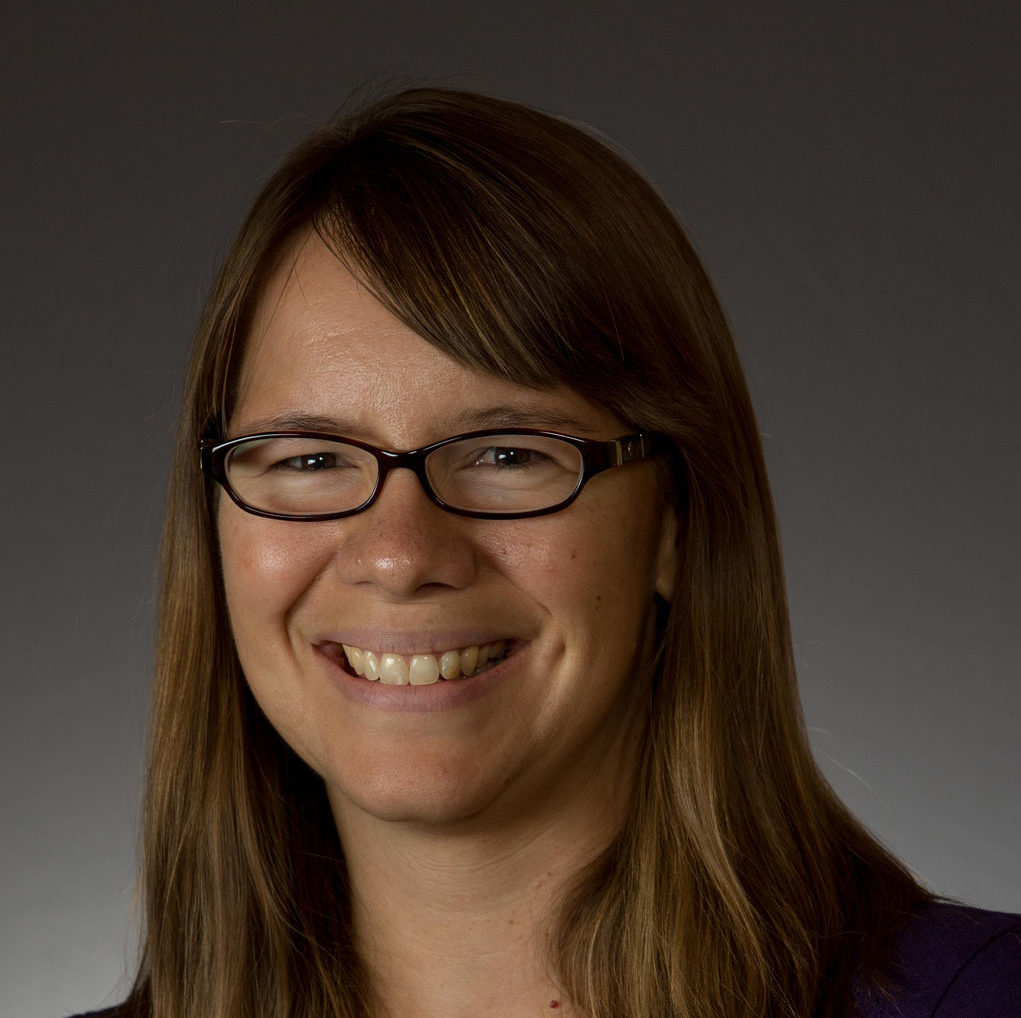Future-proof: Why liberal arts majors thrive
Critical thinking, communication, creativity and other skills are not just marketable; they’re necessary for a full, rich life.
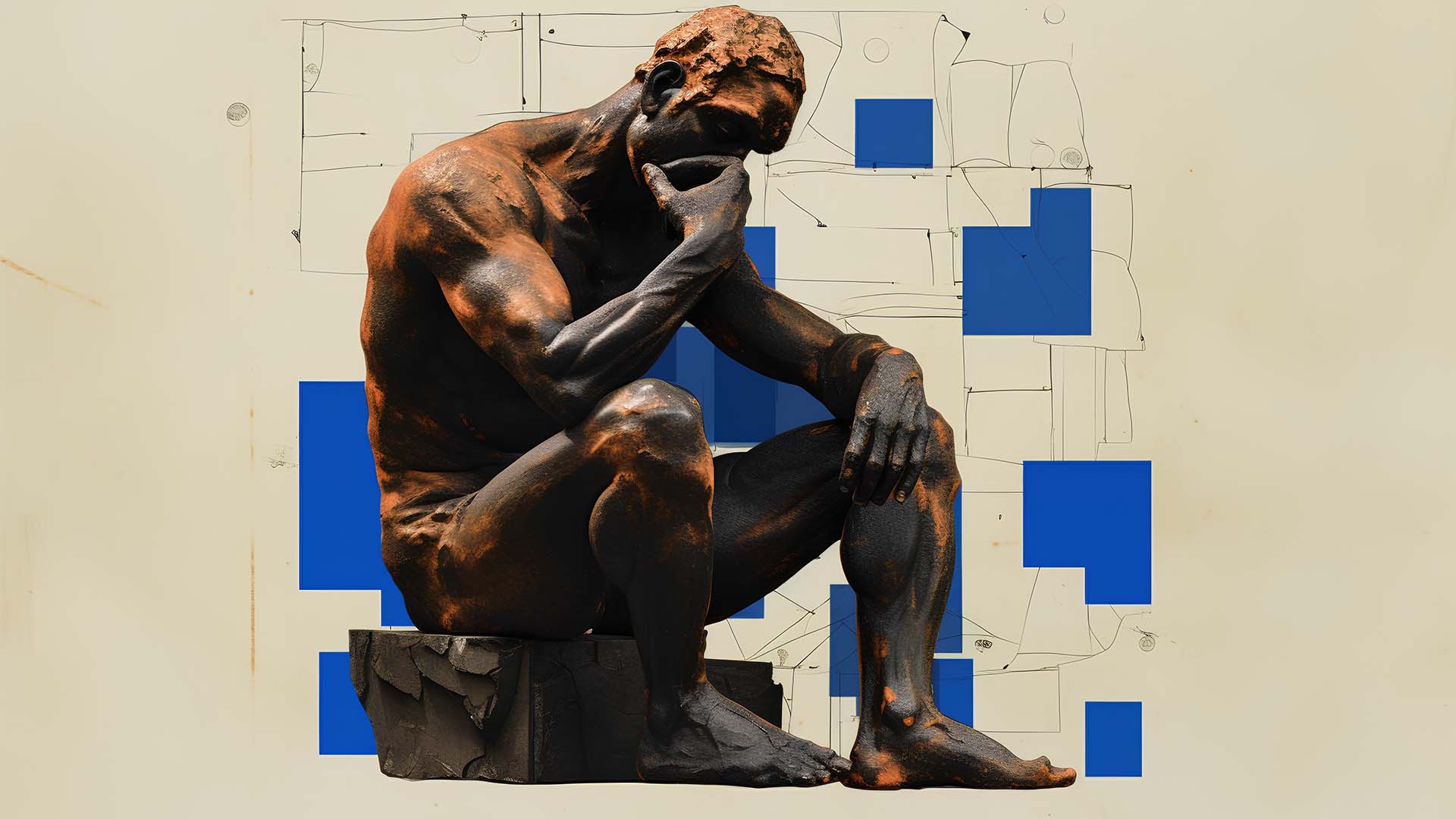
Editor’s note: Throughout the 2025-26 academic year, RED’s Future-proof series will focus on the critical role public universities play in preparing students for the jobs of tomorrow.
From jokes about the employment prospects of Art History majors to budget cuts and politicians’ rhetoric, beating up on the liberal arts has become practically a national pastime.
Metropolitan State University of Denver is fighting back. Starting Sept. 16, the University will present a series of discussions titled “Liberal Arts at Work,” which will highlight the importance of a liberal-arts education and its practical application.
Throwing the first punch will be John Masserini, DMA, dean of MSU Denver’s College of Letters, Arts and Sciences. “We’ve got to stop treating liberal arts like they are not important,” said Masserini, who will lead off the eight-week series with “Why the Liberal Arts Matter.”
Masserini, whose doctorate is in Clarinet Performance, said he uses the skills he gained studying music — dedication, discipline, working with others — every day as dean.
He suspects much of the criticism of liberal arts stems from the perception that so-called elite liberal arts colleges exclude many deserving and disadvantaged students. That criticism doesn’t fly at MSU Denver, he said. “The core of our mission is that everyone deserves to engage with a high-quality education,” he said. “We’re known by who we include, which is everyone.”
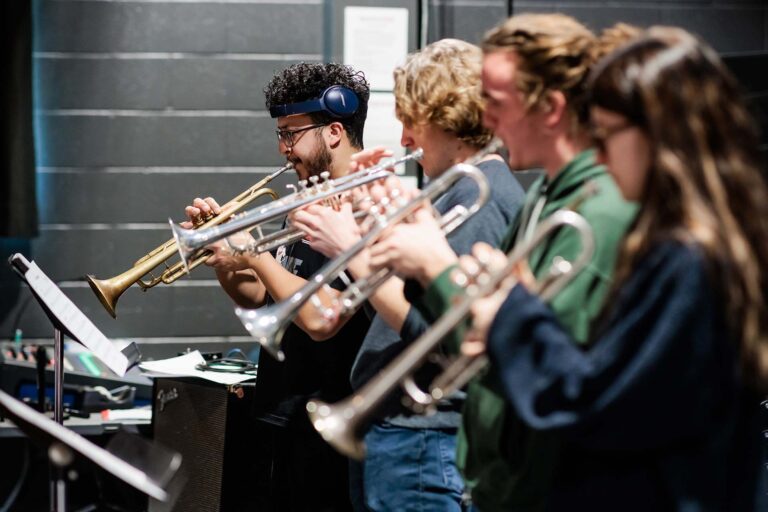
Others who question the value of a liberal arts education say more technical, specialized degrees, such as Business, Engineering or Information Technology, provide a direct path to lucrative careers, while studying history or music likely leads to work serving lattes.
Technical skills may get you in the door. But many who study employment trends say lacking what employers call “soft skills” can get you pushed right back out. Business authority Forbes Magazine says soft skills “have become crucial success factors.”
“Soft skills” can mean many things but typically include areas that liberal arts stress: communication, creativity, critical thinking, problem-solving and emotional intelligence. Employers complain that those things can’t be easily taught in the workplace if they haven’t been learned in college.
Masserini has complaints about soft skills, too — mainly the term itself. “These are not ‘soft’ skills,” he said. “These are essential human skills. Period.”
An engineer must know how to organize, budget and work with diverse groups that potentially include colleagues, the public and governments, and must communicate in terms all those groups can understand, Masserini pointed out.
RELATED: In journalism’s future, AI isn’t all bad news
As for employment prospects and wages, a 2015 PayScale.com study found that annual wages for Philosophy grads ranged from $37,000 to $83,000. At the same time, welders took home between $23,000 and $63,000.
The list of billionaires and multimillionaires with liberal arts degrees is long. Examples include LinkedIn co-founder Reid Hoffman and Carly Fiorina, former CEO of Hewlett-Packard, both of whom hold Philosophy degrees. Steve Ells, founder of Chipotle, got his degree in Art History.
Christina Foust, Ph.D., professor and associate chair of Communication Studies at MSU Denver, agrees that History or Geometry majors may have to hunt longer to start their careers. “Liberal arts majors in general are sometimes the last in line to get a job,” Foust said. “But they’re often the first in line to get a promotion.”
Liberal arts proponents, including Masserini, argue that the value of a liberal arts education lies in more than dollars and cents. “We get educations so that we can go have a successful life,” he said. “That means jobs, family, friends and experiences, all of it.”
Although they’re called “liberal” arts, the subjects under that umbrella have nothing to do with political inclination. The term is a modern-English take on the medieval Latin artes liberals, which translates to “subjects of study,” (artes) and “proper to free persons,” (liberales). Originally, those artes consisted of seven disciplines: grammar, logic, rhetoric, arithmetic, geometry, astronomy and music.
Today’s liberal arts subjects have evolved. At MSU Denver, the College of Letters, Arts and Sciences includes three divisions that together house 20 departments, including Art, Music, Biology, History, Sociology and Anthropology, World Languages and Physics.
Masserini likens studying liberal arts to building muscles. “You may not see immediate results,” he said, but over time, the effort pays off. As with physical exercise, critical thinking takes effort and isn’t always easy.
“Human nature is to want immediate answers,” and we tend to want those answers in black and white, he said. “But most things in the world aren’t black and white. Most things are more nuanced.”
|
Liberal Arts at Work, Sept. 16-Nov. 4 This event series comprises eight one-hour sessions that describe the role of the liberal arts in and for the workplace. Registration is free and open to the public.
|
|
Weighing those nuances, evaluating others’ arguments and developing empathy for opposing points of view can be exhausting, Masserini said. “It’s much easier to just shut down,” he said, “instead of saying to someone you disagree with, ‘OK, you have a point there.’”
That more difficult kind of exchange is what Foust teaches. She uses dialogue in an exercise where students agree to rules such as “listening to understand, asking questions of another person with genuine curiosity” — not trying to trap or embarrass but seeking information. Such skills, she said, are useful no matter what career her students choose.
She teaches something else, too. Something she said applies to everyone, in every profession and pretty much every situation: “You cannot not communicate.”


